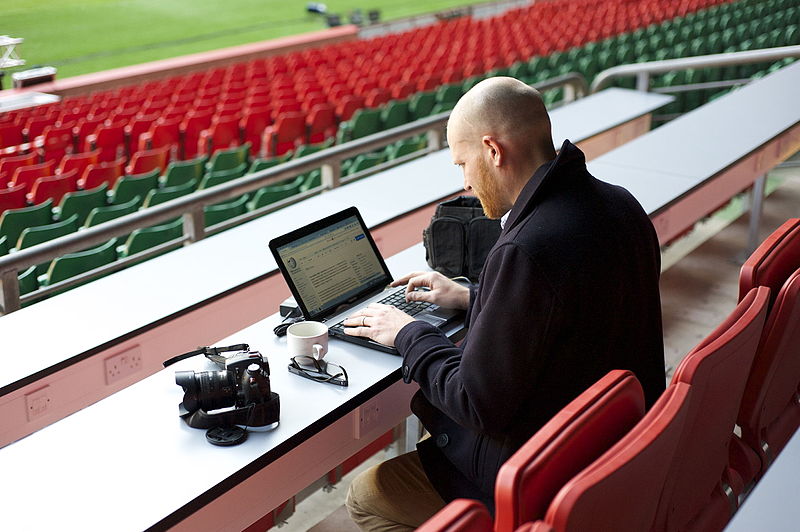Featured
From 4IR to rugby: Dell webinar unpacks disruption
The technologies that underpin the 4th Industrial revolution have also changed the rules of rugby coaching, the Springbok coach reveals.
Share
- Click to share on X (Opens in new window) X
- Click to share on Facebook (Opens in new window) Facebook
- Click to share on LinkedIn (Opens in new window) LinkedIn
- Click to email a link to a friend (Opens in new window) Email
- Click to share on Reddit (Opens in new window) Reddit
- Click to share on WhatsApp (Opens in new window) WhatsApp
- Click to share on Pinterest (Opens in new window) Pinterest
The Springbok team became faster and smarter by adopting new learning and sharing techniques, with the assistance of Dell Technologies. SARU needed to adapt through digital technologies and avoid being overtaken by its competitors.
Organisations call this disruption – and it is a real threat to them if they do not remain ahead of the pack. But, while many focus on how technology disrupts business models, those events are rarer. Instead, disruption often happens in two other overlooked areas.
Nigel Moulton unpacked this critical idea during the webinar:
“The three classes of disruption that we typically see are either infrastructure disruption, operational disruption, or business model disruption. And sometimes what we can be guilty of is assuming that it is business model disruption affecting us. But it’s very rarely the case.”
He gave several examples of how the different disruptions manifest.
Infrastructure and business model disruption
Infrastructure disruption occurs when a company must adapt to new technologies in order to exploit opportunities for its current business model. For example, the Rightmove app in the United Kingdom aggregates property information for prospective buyers. But to participate, estate agents need to provide 360-degree videos, among other things. Meeting these requirements requires adopting new technology services and skills. The sale process is the same, but the customer engagement model needs new features from the agent.
“The fundamental business of selling the property hasn’t changed. But what they’ve had to do is adapt their infrastructure play – in this case, software and applications – to make sure that they can actually work with an aggregator.”
Operational disruption
Moulton cited airlines as an example of operational disruption. Apps and services are used to attract high-value customers, such as business fliers. But this only works if the operations around that customer are suitably improved to provide a higher quality of service – by investing in both technology and physical presences, such as business lounges with easy boarding facilities.
“Operational disruption we don’t see quite as often, but when we do see it, the impact is more significant. The timeline is longer, but the fundamental business models business changed.”
4IR and a better South Africa
Woolley told the audience that Dell Technologies was committed to a sustainable world where technology democratises anyone’s potential, a vision championed by company founder Michael Dell. Among his global initiatives are an initiative that, by 2030, requires 70% of the company’s workforce to be women, and a project using recycled ocean plastics in Dell packaging and devices.
Woolley said that the collaboration of local technology enterprises with the Presidential Commission on the Fourth Industrial Revolution (4IR) was intended to pursue meaningful impact through education and job creation. He highlighted some of the contributions Dell is making in South Africa, such as ongoing investments in local small and medium enterprises and training of high-performance computing professionals at Dell’s Khulisa Academy.
“We have to change. The world is changing. It’s about digitalisation, and what’s nice about that is how it gives everybody an equal chance.”
- To watch a recording of the webinar. visit https://www.brighttalk.com/webcast/10739/387272/dell-technologies-techbyte
Share
- Click to share on X (Opens in new window) X
- Click to share on Facebook (Opens in new window) Facebook
- Click to share on LinkedIn (Opens in new window) LinkedIn
- Click to email a link to a friend (Opens in new window) Email
- Click to share on Reddit (Opens in new window) Reddit
- Click to share on WhatsApp (Opens in new window) WhatsApp
- Click to share on Pinterest (Opens in new window) Pinterest
Pages: 1 2
| Thank you for Signing Up |










